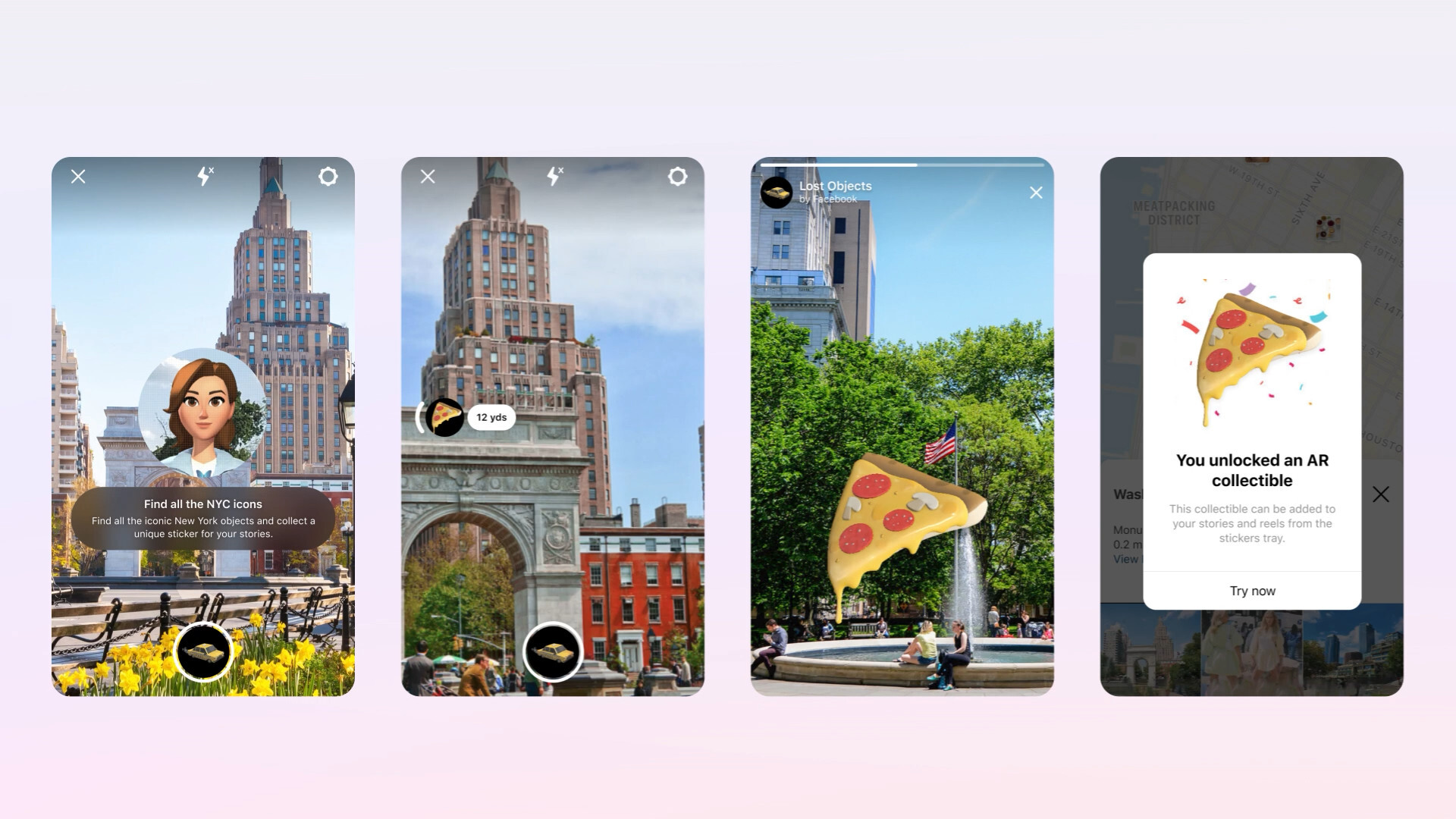At the Facebook Connect event, Mark Zuckerberg's opening keynote detailed the plans he has for a metaverse that combines the real virt...
At the Facebook Connect event, Mark Zuckerberg's opening keynote detailed the plans he has for a metaverse that combines the real virtual world that allow people to connect wherever they are in the world - using devices like the Oculus Quest 2 headset and the Ray-Ban Stories smart glasses.
Users will be able to create AR tags attached to real-world locations to create art and tell stories, play table tennis or chess with players that aren't there physically, and interact with digital objects that react realistically to user movements.
Right now Facebook's plans seem far more like science fiction, but Mark Zuckerberg is working hard to explain how its Horizon VR and AR platform can bring these ideas into reality. However, his cautious wording reveals that this interconnected future is still uncertain.
Analysis: "This sounds like science fiction"
Mark Zuckerberg detailed a world where holograms will stand beside us in concerts and people can work together in digital offices despite being thousands of miles apart. Hearing him speak it's hard not to feel amazed by the world that might be.
But the issue is that while aspects of this integrated metaverse already exist, key pillars that will hold up the bulk of Facebook's vision feel like they are still a decade away. The technology we have just isn't there yet, and while we can start to move in the direction Facebook outlines, the whole keynote is full of speculation that leaves us wondering why we bothered to tune in.

In fairness, it wasn't all speculative. Facebook understands that it will take an enormous amount of collaboration to bring the metaverse to life and announced plans that it can action in the coming year.
To help bring more creatives to the field of AR, Facebook detailed plans to create official classes as a first step, and it showed off basic apps that will bring AR to its preexisting devices - such as an app that can anchor to piano keys to teach people how to play their favorite songs.
But on the path to the metaverse, these developments feel like the equivalent of walking running one inch in a marathon - there's a lot further still to go.
At some point we will have to walk these first inches, but did we really need a one-and-a-half-hour event to explain what we might have in 2032 rather than focussing on what's coming in 2022? When the dream is so speculative there will be a lot of people - us included - that can't help but feel this presentation would have been better to deliver when we're further along the path to the metaverse; when it feels a lot less like science fiction and more like science fact.
from TechRadar - All the latest technology news https://ift.tt/3mo1juc
via IFTTT









COMMENTS